Hotel IT Security: Simple Steps for Independent Hotels
A quick guide to Hotel IT security practices for independent hotels and resorts. Secure your guest data by following our quick security tips.
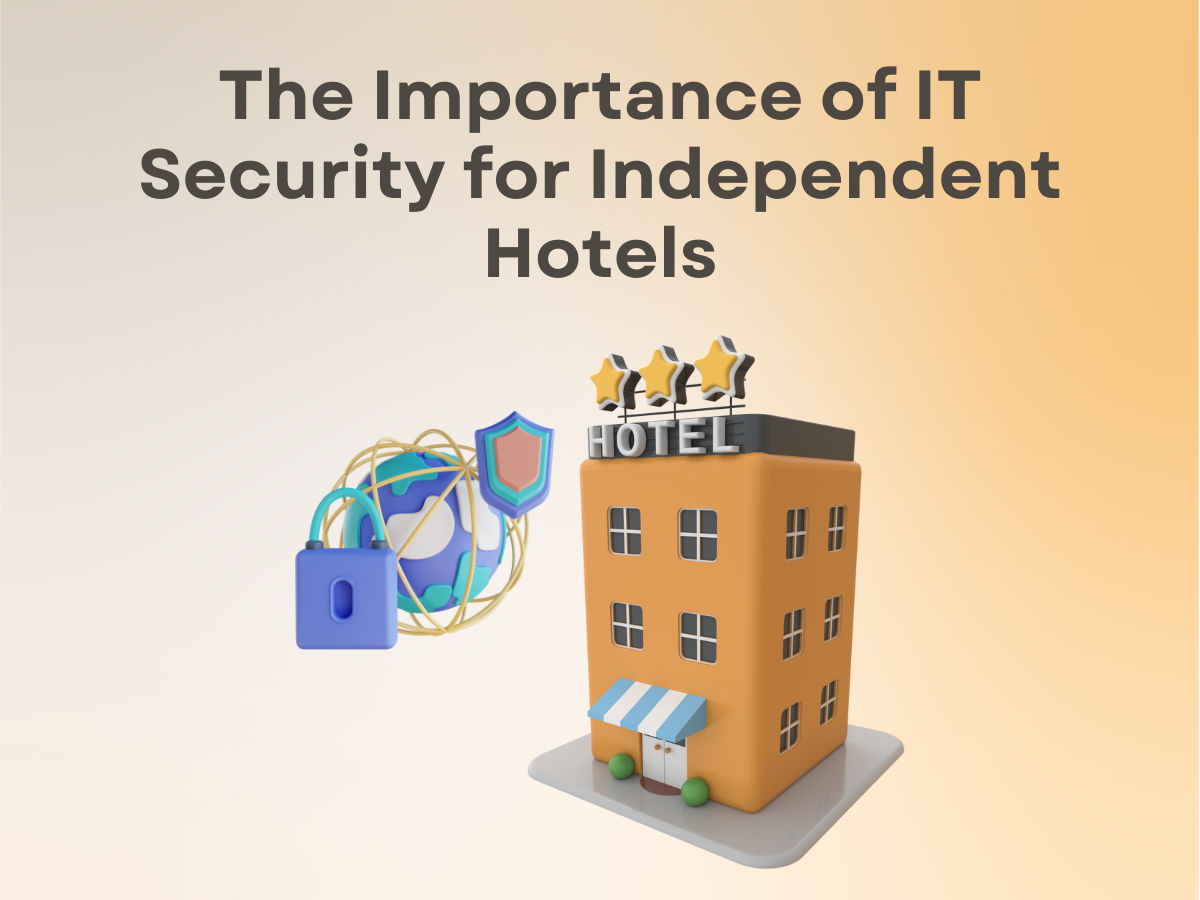
Table of Contents
- Introduction
1.1 Understanding the Value of Guest Data - Protecting Customer Data
3.1 Choosing the Right Hotel Software
3.2 Regular Backups
3.3 Access Control
3.4 Phishing Awareness - Securing Wi-Fi Networks
- Staff Training and Awareness
- Collaborating with IT Professionals
- Implementing Clear IT Policies
- Incident Response and Crisis Management
- Compliance and Legal Considerations
- The Business Case for IT Security
- Future-Proofing Your Hotel
- Quick 7-Point IT Security Checklist for Independent Hoteliers
Introduction
I recently read an article by Demand Calendar which reinvents the Maslow’s Hierarchy of Needs motivational theory, but from a Hotelier perspective. While it doesn’t share much direct relevance with my article, I was surprised to see no real mention of secure IT practices for hotels as an essential customer need. In 2024, our digital security and the data relating to our identity are essential, and when a company we trust fails to secure this (such as a data breach), they lose our trust while potentially facing other financial and legal issues. A study by Centrify found that 65% of data breach victims lost trust in an organisation as a result of the breach
Understanding the Value of Guest Data
As hoteliers, we know guest data is incredibly valuable and may even be described as the lifeblood of the hospitality industry. With data, we can personalise services, enhance guest experiences, and of course drive bookings to our hotel. However, there are significant risks if we don’t secure our guests data, and from my own professional experience, I believe there is plenty of room for small process changes which will help keep guest and business data much more secure. Independent hotel owners and managers may not have the benefit of Corporate IT teams and expensive security software to fall back on, so being cyber-aware is a must to ensure your systems, and customers data remains completely secure.
Protecting Customer Data
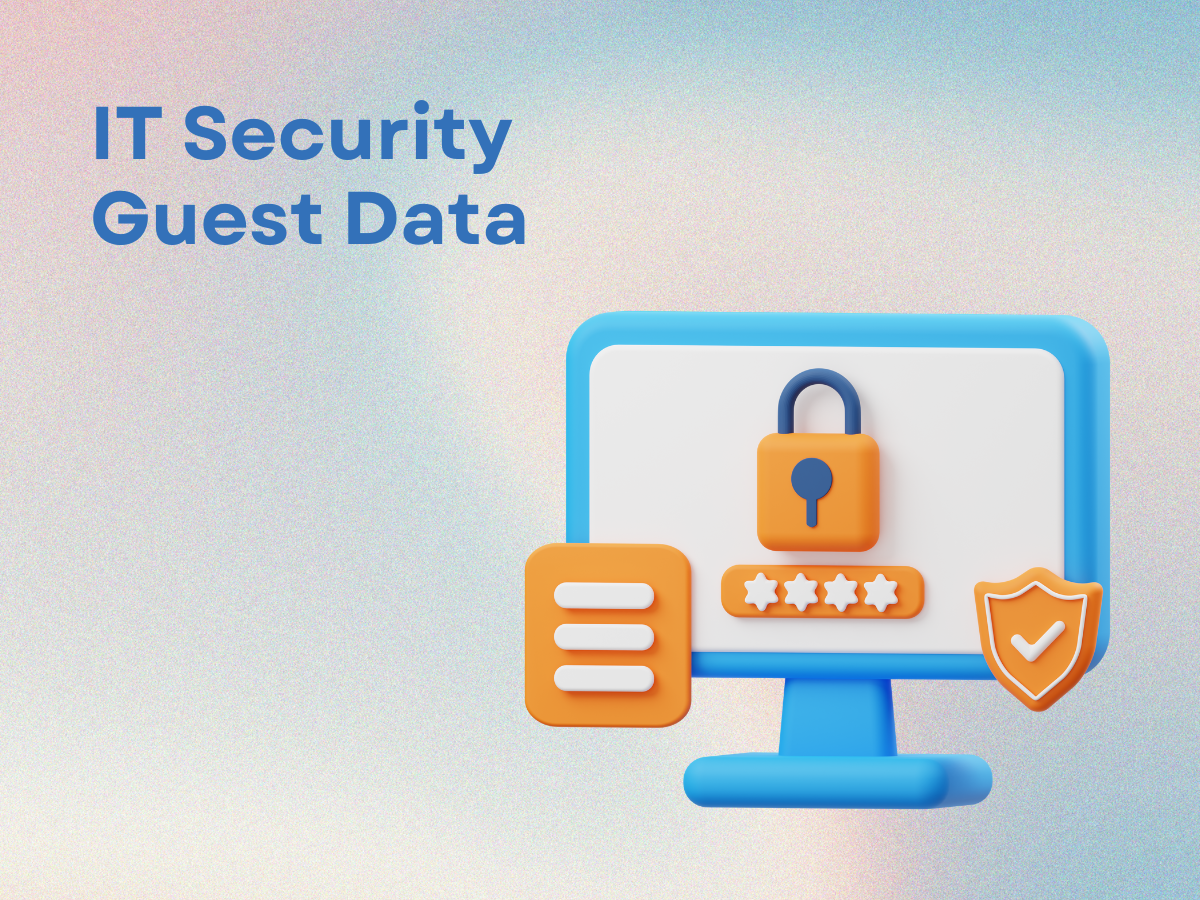
As mentioned above, guest data is your most valuable asset but is also potentially your greatest risk. Storing guest data securely is crucial for protecting sensitive information from unauthorized access. Here’s what hotel owners and managers can do:
Choosing the Right Hotel Software
Running a hotel in 2024 requires software that obtains and holds guest data, with a Hotel PMS (Property Management System) being a great example. Due diligence is necessary when choosing software, including checking if the software has ever had a data breach and how it reacted if it did.
- Choose Cloud Platforms Over Self-Hosted Solutions: Cloud platforms offering all-in-one solutions reduce your maintenance overhead. For example, independent hotels often opt for self-hosted WordPress installations for their website, which is a good value option. However, it has its own maintenance overhead. Without a dedicated budget for a website developer or knowledgeable staff to handle updates, it can become exposed to new vulnerabilities, potentially leading to security breaches and exposing guest data held in the CMS.
Regular Backups
- Automated Backups: If you store sensitive data on your local computer, set a schedule to regularly backup your data to ensure that in the event of a breach or data loss, you can restore information quickly and securely. Automated backups can help maintain up-to-date copies of your data.
- Anti-virus Scans: Regular antivirus scans are essential to protect your systems from malware, viruses, and other malicious threats. Ensure that your antivirus software is updated frequently to defend against the latest threats. Schedule regular scans to identify and remove any potential security risks, thus maintaining the integrity of your backup data and overall system security. A good option here is BitDefender.
Access Control
- Do Your Staff Need Full Permissions?: Most Software platforms allow permissions based access controls, which should be used to your advantage. Creating users with full admin responsibilites by default is quite common behaviour, but rarely do all of your staff who use your software programs need full access. Regularly review and update these permissions to ensure they align with staff roles and responsibilities, while ensuring that any staff who no longer work with the hotel have their permissions and access removed.
- Two-Factor Authentication (2FA): 2FA provides an essential second layer of security, which is crucial to protect against supply-chain attacks. Quite often, it is seen as a hinderance, but infact it’s invaluable and in the case of a data breach or poor password quality, it will save you and your team members. Enforce 2FA for all systems and applications wherever possible to mitigate the risk of unauthorized access. Google Authenticator is an excellent 2FA method and our recommended choice when setting up Multi-Factor Authentication on applications.
Phishing Awareness
- Staff Education: Phishing is the most common form of cyber crime, with several reports estimating that 3.4 billion malicious emails are sent every day. Educate your staff about the dangers of phishing and how to recognise suspicious emails and links. Investing in a basic onsite training can help staff avoid falling victim to phishing attempts and protect guest data from being compromised. Phishing.org contains a quite a few resources which are useful for understanding and even training your employees.
- Monitor Data Breaches: Not strictly related to phishing, but Have I Been Pwned is a useful and free service to monitor if any employee email addresses have been involved in data breaches. This service alerts you if employee credentials have been compromised, helping you take proactive steps to secure accounts and mitigate risks.
Securing Wi-Fi Networks
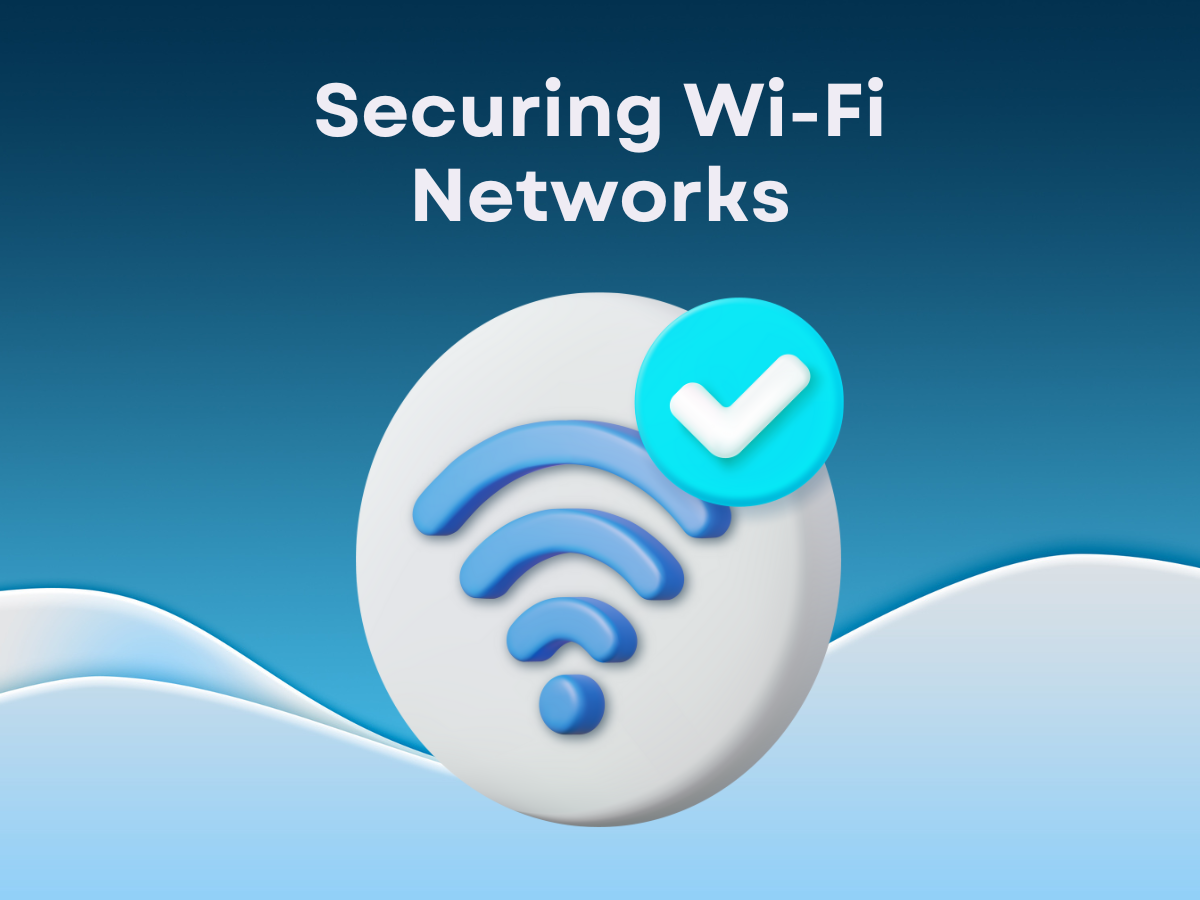
Importance of Secure Wi-Fi for Guests and Operations: Offering secure, reliable Wi-Fi is crucial for enhancing guest satisfaction and protecting hotel operations.
- Separate Networks for Guests and Operations: Set up two separate Wi-Fi networks: one for guests and one for hotel operations. This separation ensures that even if the guest network is compromised, the hotel’s operational data remains secure.
- Using Strong, Regularly Updated Passwords: Implement strong, complex passwords for both guest and operational Wi-Fi networks. Update these passwords regularly, at least quarterly, to minimize the risk of unauthorized access.
- Using Guest Wi-Fi Management Tools: Use a guest Wi-Fi management system that requires guests to log in with unique credentials. For example, provide a unique access code at check-in or use a simple portal where guests enter their room number and last name.
- Monitoring Wi-Fi Usage: Implement basic network monitoring tools to keep track of Wi-Fi usage. These tools can help identify unusual activity that might indicate a security threat, allowing you to take prompt action. Most premium antivirus applications have a WiFi scanner such as BitDefender.
Staff Training and Awareness
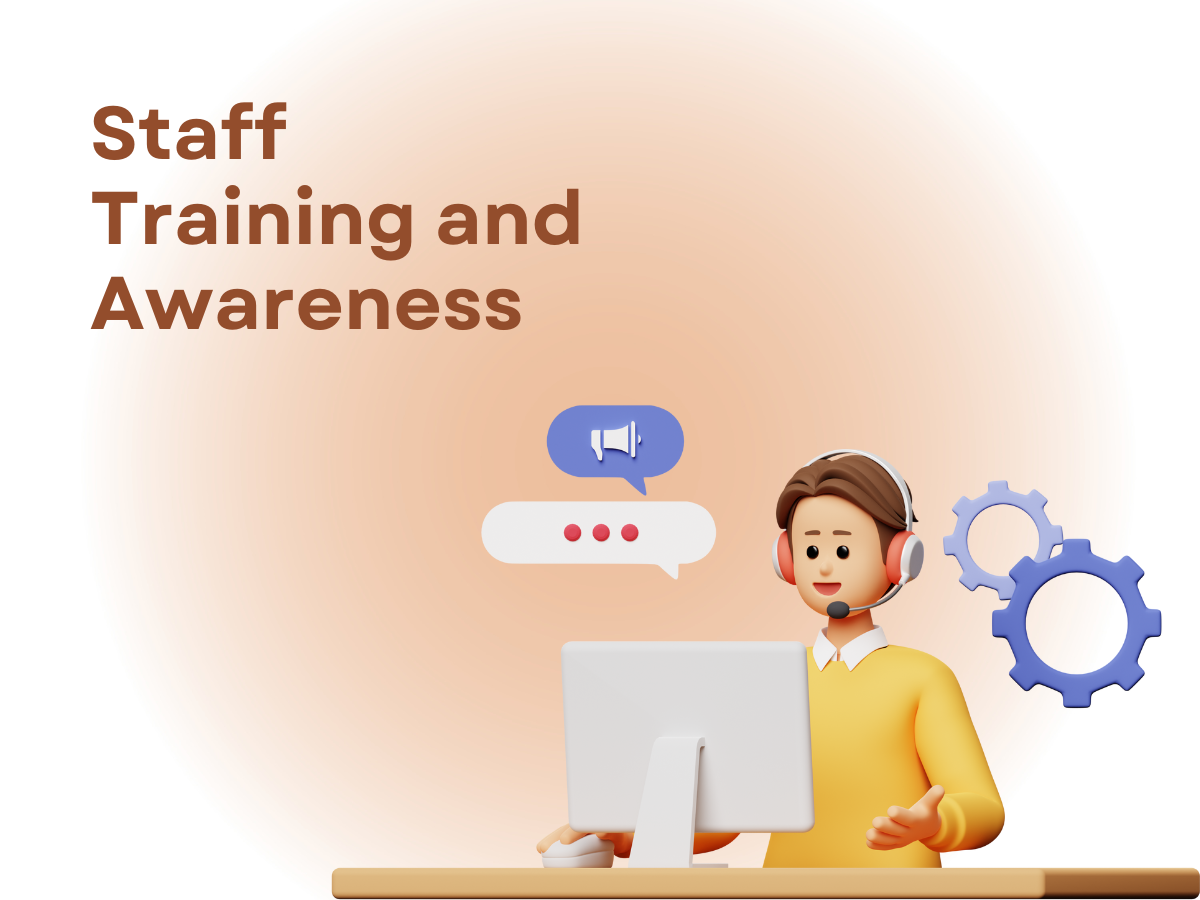
Promoting IT Security in a Small Team: Creating a culture of security awareness is vital for safeguarding guest data and hotel operations.
- Regular Training Programs: Find a local provider to implement annual training sessions focused on cybersecurity awareness. Train staff on recognising phishing attempts, using strong passwords, and handling sensitive information securely.
- Promoting Best Practices: Emphasise the importance of using strong, unique passwords and not sharing login information.
- Role-Based Training: Provide role-specific training on handling guest information securely. For example, front desk staff should understand PCI-DSS compliance for handling credit card information.
- Create Security Policies: Develop clear IT security policies that outline acceptable use of hotel systems and devices. Ensure all staff understand and adhere to these policies.
- Encouraging Reporting of Security Incidents: Create a culture where staff feel comfortable reporting security incidents promptly. Establish clear channels for reporting and responding to incidents.
Collaborating with IT Professionals
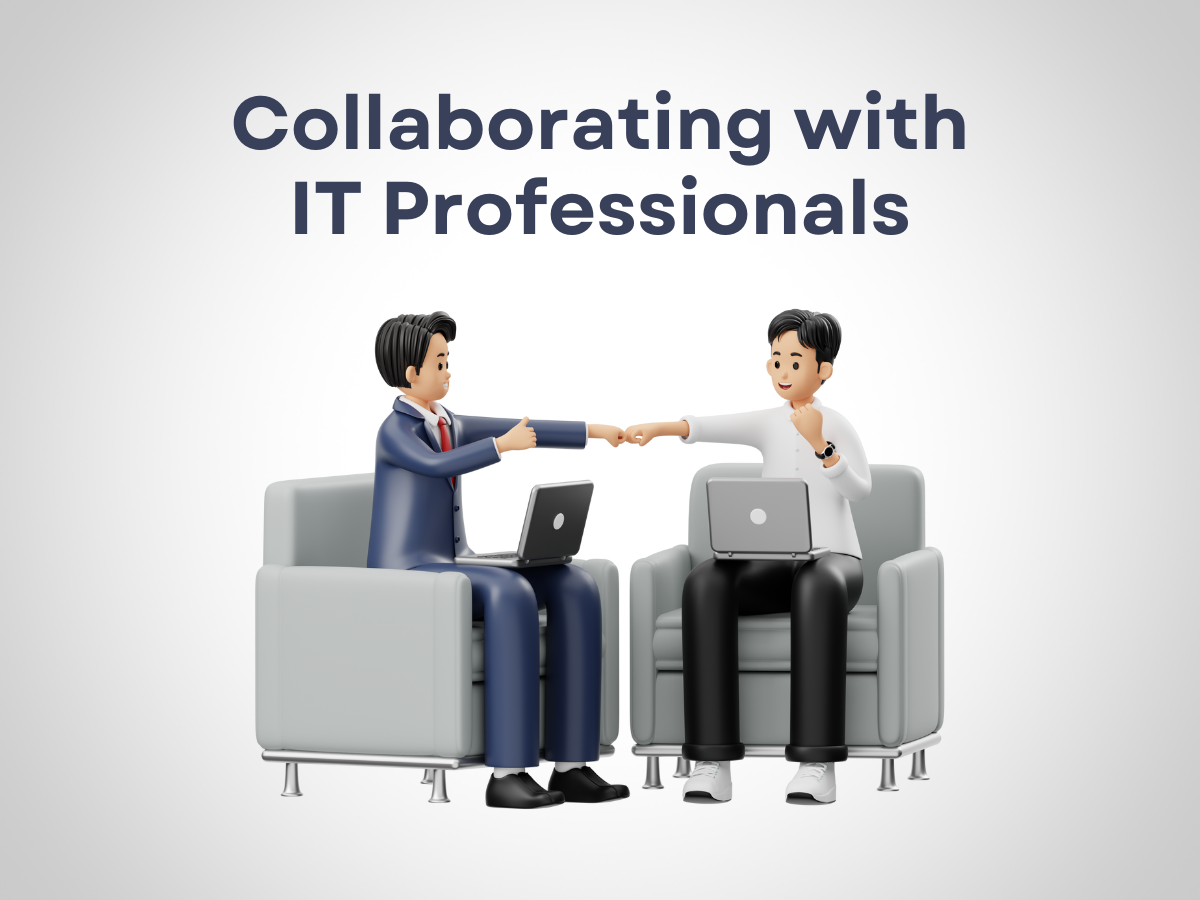
Benefits of Hiring IT Security Experts: While this may seem like an expensive, hiring professional help to educate or evaluate in-house security can significantly enhance security measures.
- Proactive Security Measures: IT professionals can help implement proactive security measures, such as regular vulnerability assessments and penetration testing. This helps identify and mitigate potential vulnerabilities before they are exploited.
- Compliance and Regulation Guidance: IT security experts ensure your hotel complies with industry regulations (e.g., PDPA, PCI-DSS). They provide guidance on data handling practices and assist with audits to demonstrate compliance.
- Tailored Solutions for Small Hotels: Choose IT security partners/agencies experienced in working with small hotels. They offer cost-effective solutions and scalable services that grow with your business.
Implementing Clear IT Policies
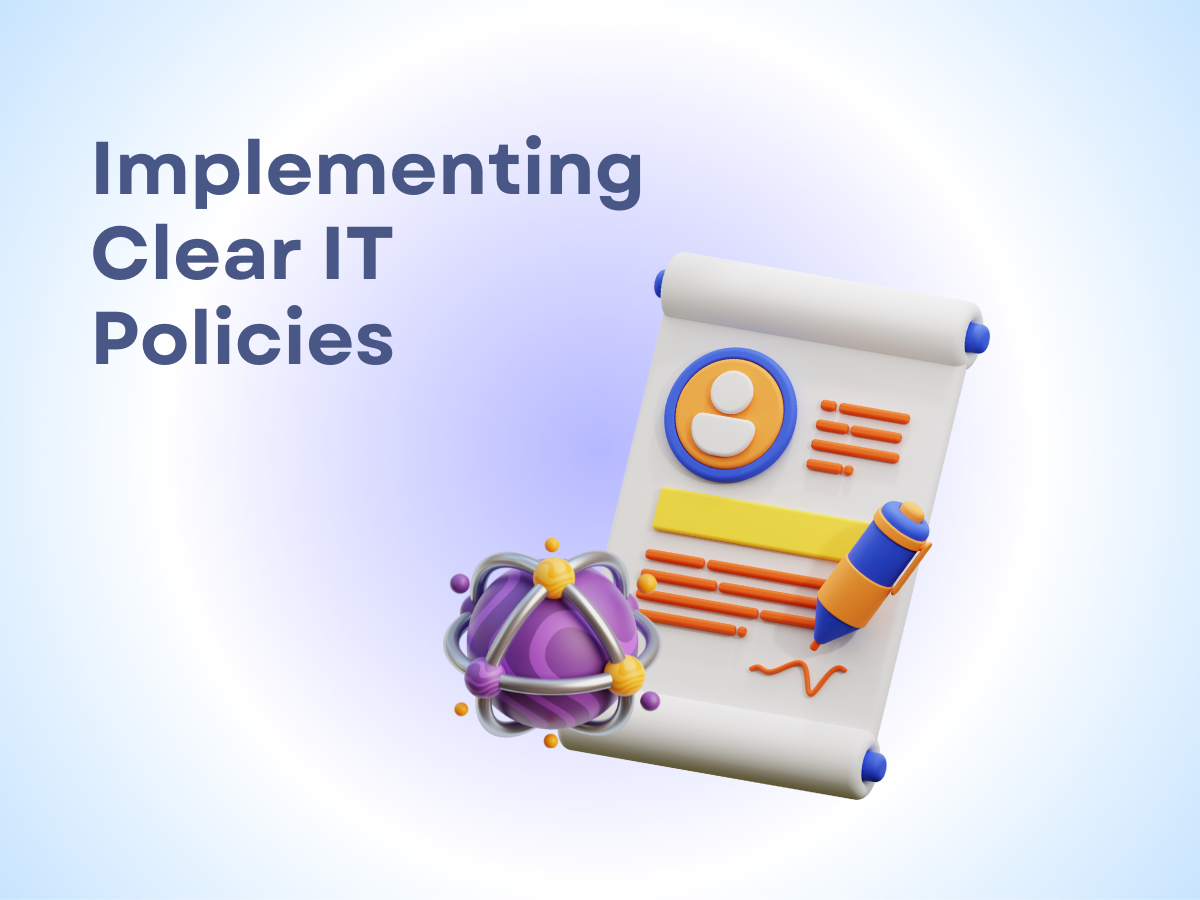
Developing Enforceable IT Security Policies: Establishing clear and practical policies is essential for safeguarding hotel data and systems.
- Policy Development: Develop comprehensive IT security policies that address key areas such as data handling, access control, password management, and acceptable use of IT resources.
- Accessibility and Understanding: Ensure IT policies are easily accessible to all staff members. Communicate policies during onboarding and provide regular updates to reinforce understanding.
- Training and Education: Conduct regular training sessions to educate staff on the importance of IT security and their roles in safeguarding hotel data. Include practical examples and case studies to illustrate policy implementation.
- Monitoring and Enforcement: Implement monitoring mechanisms to track compliance with IT policies. Establish consequences for non-compliance and ensure consistent enforcement across all departments.
- Review and Update: Regularly review and update IT security policies to align with evolving threats and regulatory requirements. Solicit feedback from staff to improve policy effectiveness and relevance.
Incident Response and Crisis Management
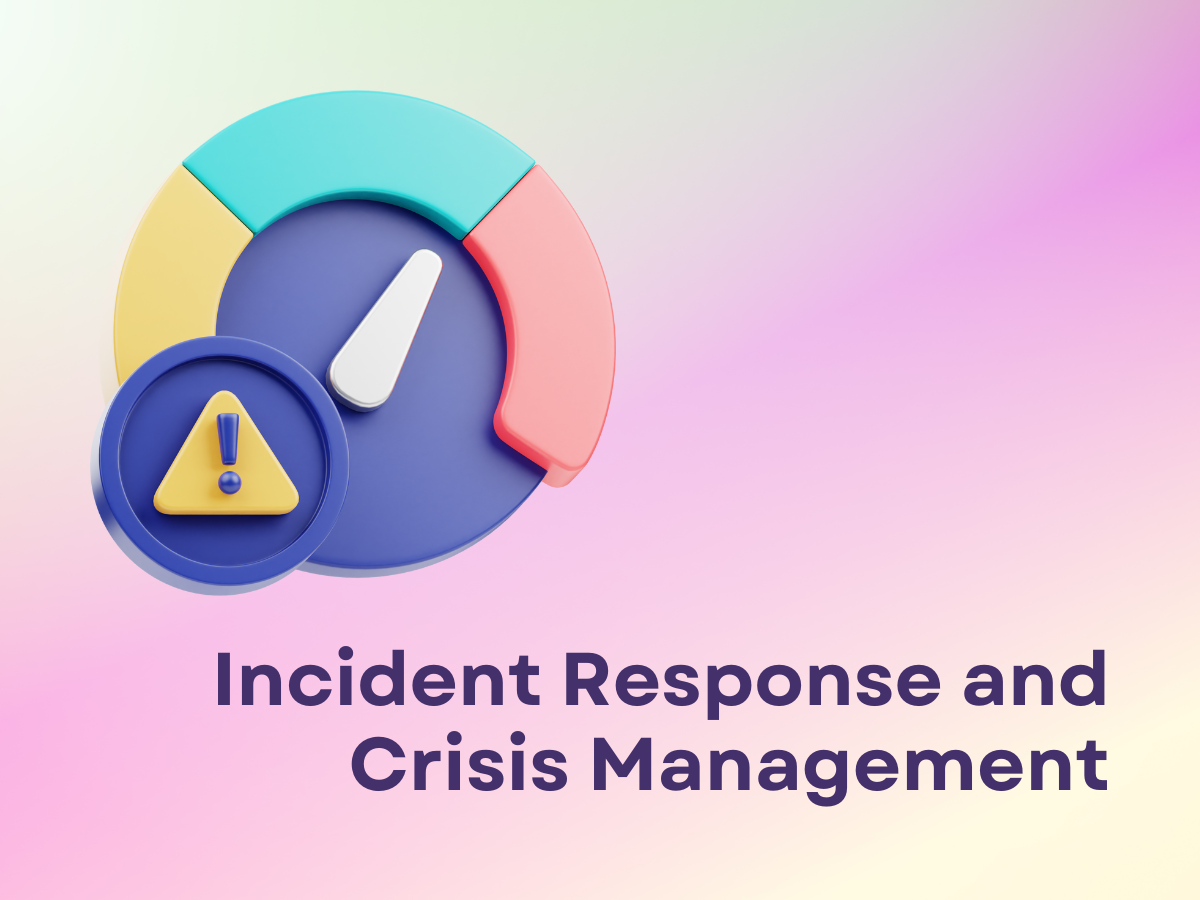
Preparing for IT Security Incidents: Having a basic incident response plan is crucial for effectively managing IT security incidents. Prevention is better than the cure, however preparing for the event will reduce a lot of the stress if an incident was to occur.
- Developing an Incident Response Plan: Create a comprehensive incident response plan that outlines roles and responsibilities during a security incident. Include contact information for key stakeholders and procedures for assessing and containing the incident.
- Training and Readiness: Conduct quarterly drills and training exercises to prepare staff for different types of security incidents. Ensure they understand their roles in the response process and are familiar with escalation procedures.
- Immediate Actions During a Breach: Immediately isolate affected systems to prevent further exposure. Notify IT security professionals and legal counsel for guidance on containment and investigation.
- Communication Strategies: Develop pre-drafted communication templates for notifying guests and stakeholders about security incidents. Provide clear, transparent updates throughout the incident resolution process.
- Post-Incident Evaluation: Conduct a post-incident evaluation to identify gaps in the incident response plan and opportunities for improvement. Implement corrective actions to strengthen incident response capabilities.
Compliance and Legal Considerations
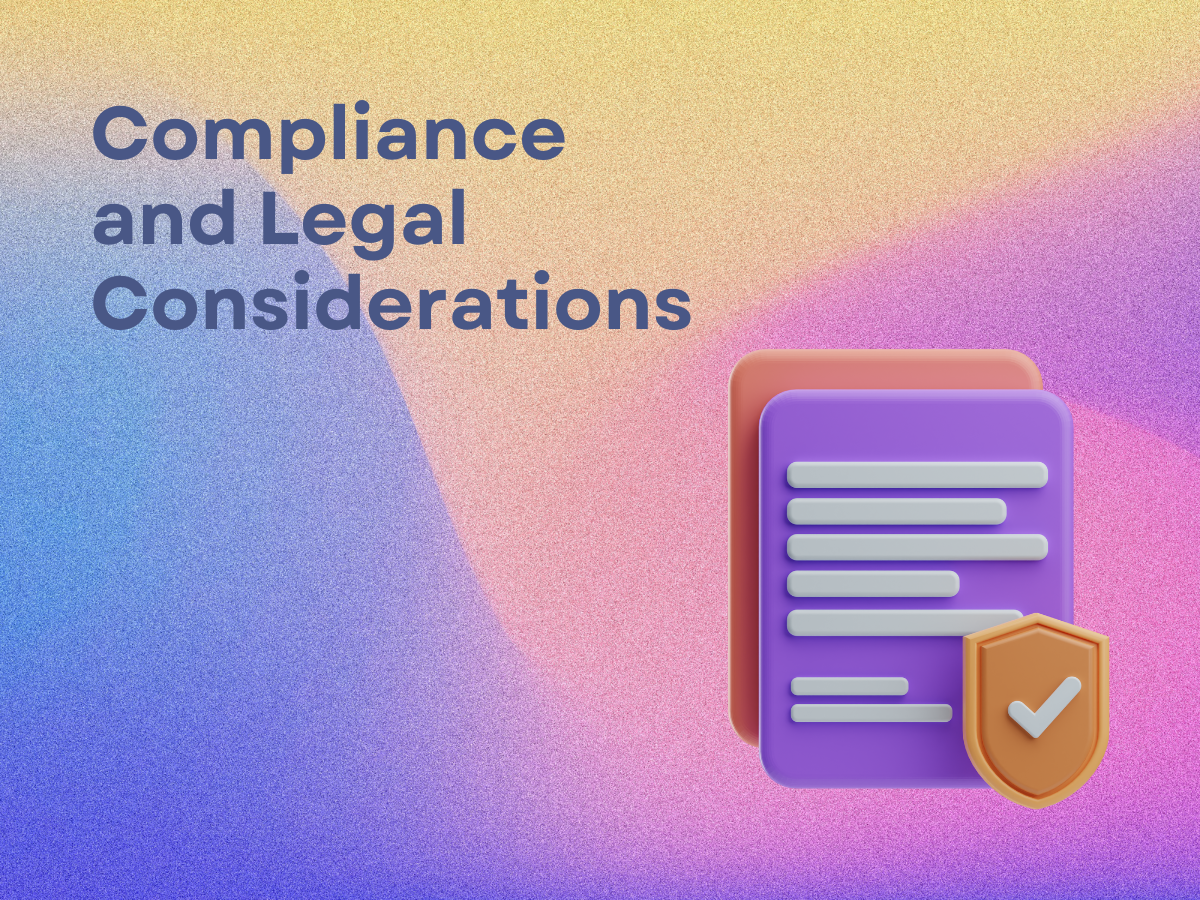
Understanding Data Protection Laws: Understanding key data protection regulations in Thailand is essential for independent hoteliers to ensure compliance and protect guest information.
- Familiarizing with Thai Regulations: Educate yourself on regulations such as the Personal Data Protection Act (PDPA) in Thailand, which governs the collection, use, and disclosure of personal data. Understand requirements for data processing consent, data security measures, and individual rights regarding personal information.
- Implementing Thai Privacy Practices: Develop and implement privacy policies and procedures that comply with the PDPA. Ensure transparency in data collection practices and provide mechanisms for guests to access and correct their personal information.
- Conducting PDPA Compliance Audits: Conduct regular audits to assess adherence to PDPA requirements. Review data processing activities, security measures, and third-party data sharing agreements to ensure compliance and mitigate risks.
- Data Breach Response under Thai Law: Develop a data breach response plan aligned with PDPA guidelines. Define procedures for incident notification to affected individuals and relevant authorities within the specified timelines mandated by Thai law.
- Seeking Legal Counsel in Thailand: Consult with legal professionals in Thailand specializing in data protection and privacy laws. Obtain guidance on compliance strategies, contractual obligations, and updates to the PDPA affecting the hospitality industry.
The Business Case for IT Security
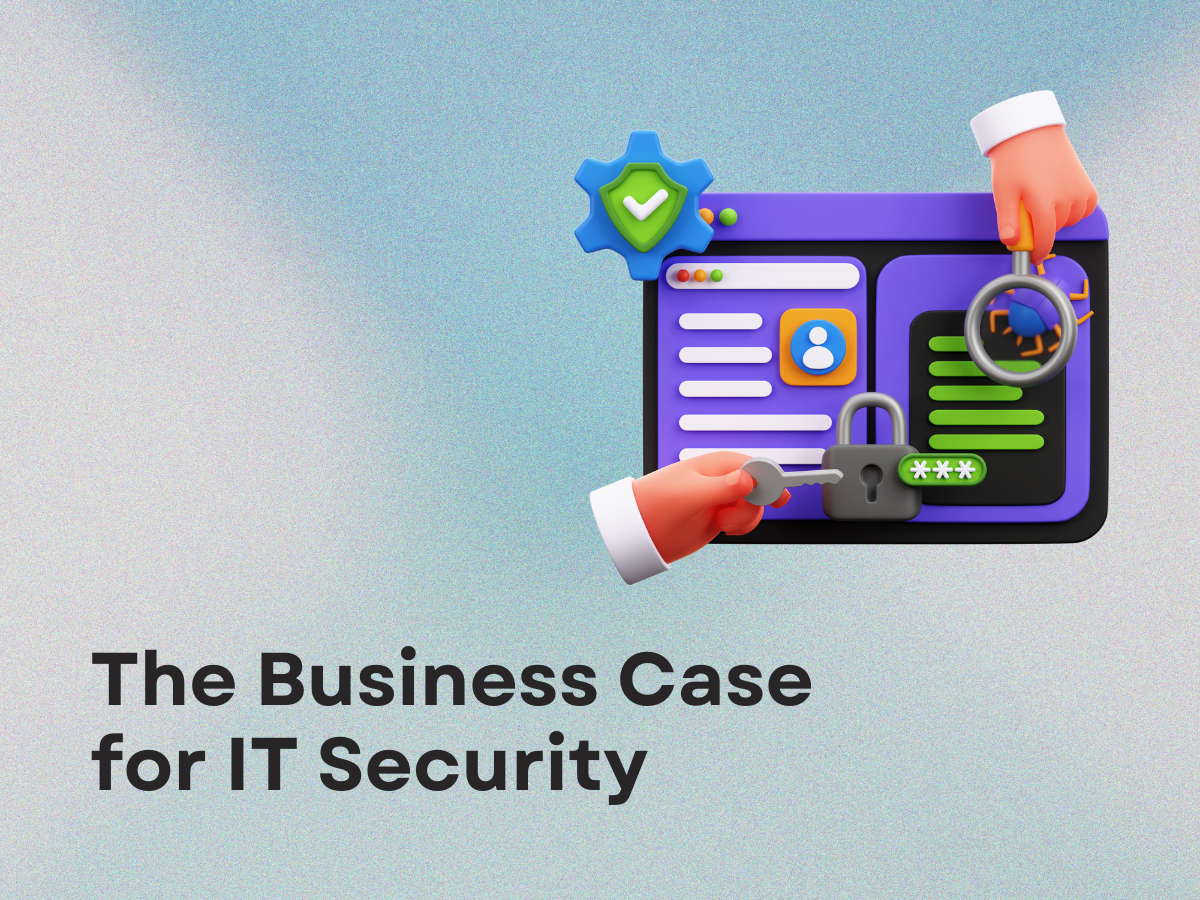
IT Security as a Competitive Advantage: Investing in robust IT security measures can differentiate your hotel and enhance guest trust.
- Enhancing Guest Trust and Satisfaction: Implement strong IT security measures to safeguard guest data and reassure them of their privacy. Highlight your commitment to data protection in marketing materials to attract security-conscious guests.
- Reducing Operational Risks: Investing in IT security reduces the risk of costly data breaches and associated legal fees. Implementing preventive measures can save money in the long term by mitigating potential financial losses and reputational damage.
- Compliance with Local Regulations: Ensure IT security measures align with regulatory requirements. Demonstrating compliance not only avoids legal penalties but also enhances your reputation as a responsible custodian of guest information.
- Security as a Benefit for Guests: Promote your hotel’s advanced IT security infrastructure as a feature that sets you apart from competitors. Highlight secure Wi-Fi, encrypted guest data storage, and other IT security initiatives in guest communications.
- Cost Savings and Efficiency: Consider the long-term financial benefits of preventing data breaches and operational disruptions. Calculate potential savings from avoiding breach-related expenses and allocate resources accordingly to strengthen IT security measures.
Future-Proofing Your Hotel
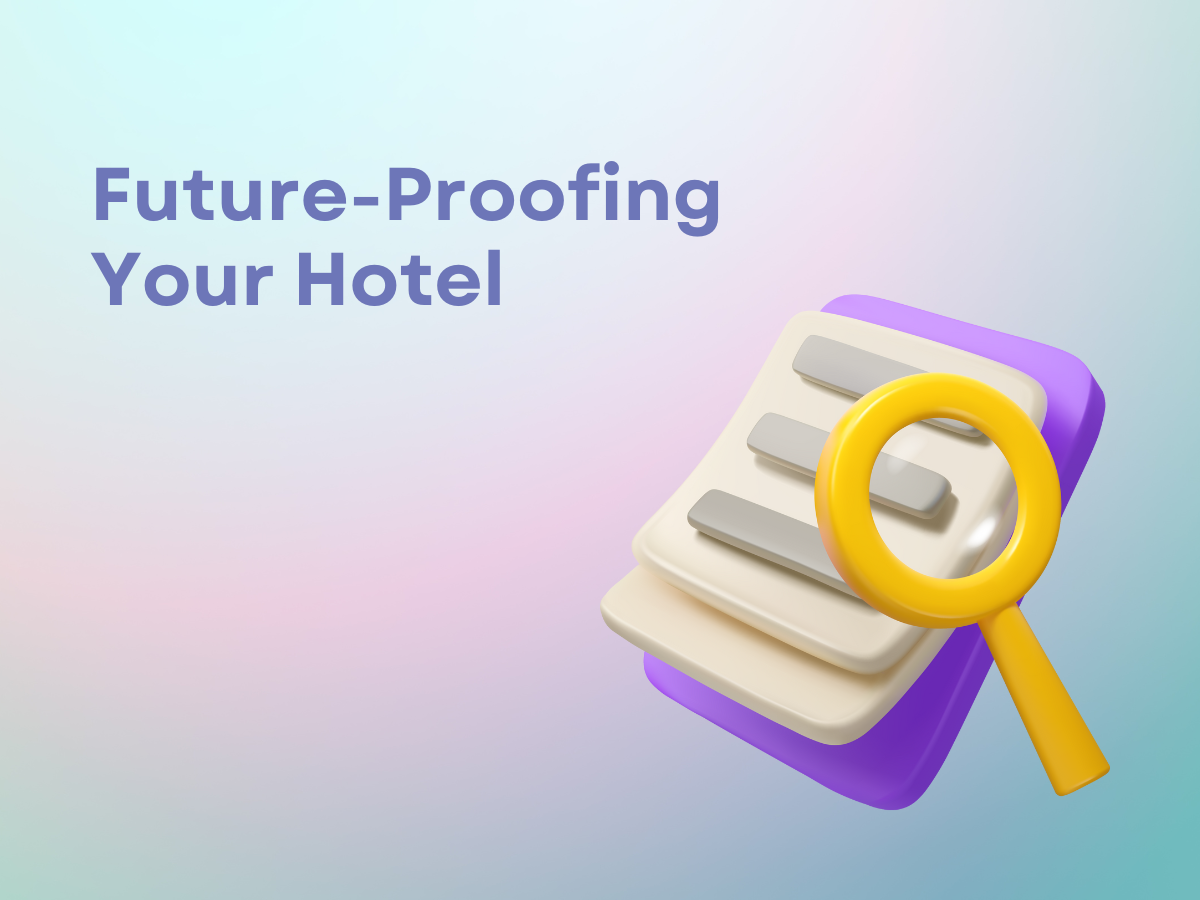
Staying Updated with IT Security Trends: Keeping abreast of new technologies and threats is crucial for maintaining robust IT security.
- Importance of Continuous Learning: Stay informed about the latest IT security trends, such as AI-driven threat detection and cloud security advancements. Attend industry conferences, participate in webinars, and subscribe to reputable IT security publications to stay updated.
- Adopting Emerging Technologies: Evaluate emerging technologies that align with your hotel’s IT security needs. Consider solutions like biometric access controls, IoT security frameworks, and AI-powered anomaly detection to enhance overall security posture.
- Scalability of Security Solutions: Invest in scalable IT security solutions that can accommodate your hotel’s evolving needs. Choose flexible technologies and services that can grow with your business and adapt to changing security requirements.
- Building a Culture of Security: Foster a culture of security awareness among staff and guests. Encourage proactive security practices, reward vigilance, and integrate IT security into your hotel’s core values.
- Collaborating with IT Security Experts: Partner with IT security professionals to conduct regular security assessments and update your security strategy. Leverage their expertise to identify potential vulnerabilities and implement proactive measures.
Quick 7-Point IT Security Checklist for Independent Hoteliers
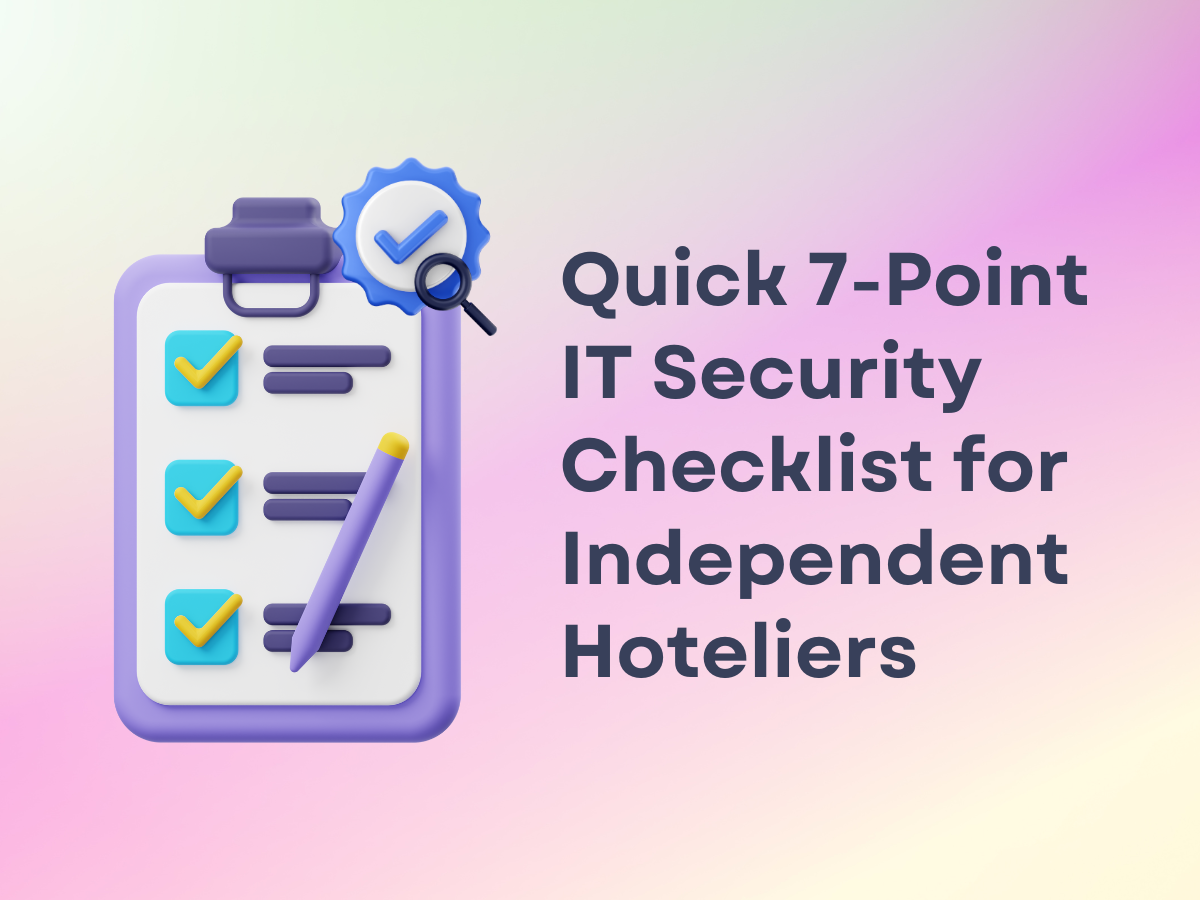
- Data Security Awareness:
- Ensure all staff are aware of the importance of protecting guest information. Train them on handling guest data securely and following hotel policies regarding data protection.
- Strong Password Policies:
- Implement strong password guidelines for all hotel systems and encourage regular password updates. Use complex passwords and avoid sharing them across multiple accounts.
- Secure Wi-Fi Setup:
- Set up separate Wi-Fi networks for guests and hotel operations. Use strong passwords for Wi-Fi access and consider using guest Wi-Fi management solutions to control access.
- Regular Software Updates:
- Keep all software, including operating systems, antivirus programs, and applications, up to date. Enable automatic updates where possible to ensure ongoing protection against vulnerabilities.
- Data Backup Solutions:
- Implement a cloud-based backup service to regularly back up critical data such as reservations, guest information, and financial records. Ensure backups are encrypted and stored securely.
- Staff Training on Cybersecurity:
- Conduct regular training sessions for staff on cybersecurity best practices, including how to identify phishing attempts, secure communication channels, and report suspicious activities.
- Enable Two-Factor Authentication (2FA):
- Enable 2FA on accounts where available, such as email accounts used for hotel communications or administrative purposes, to add an extra layer of security against unauthorized access.